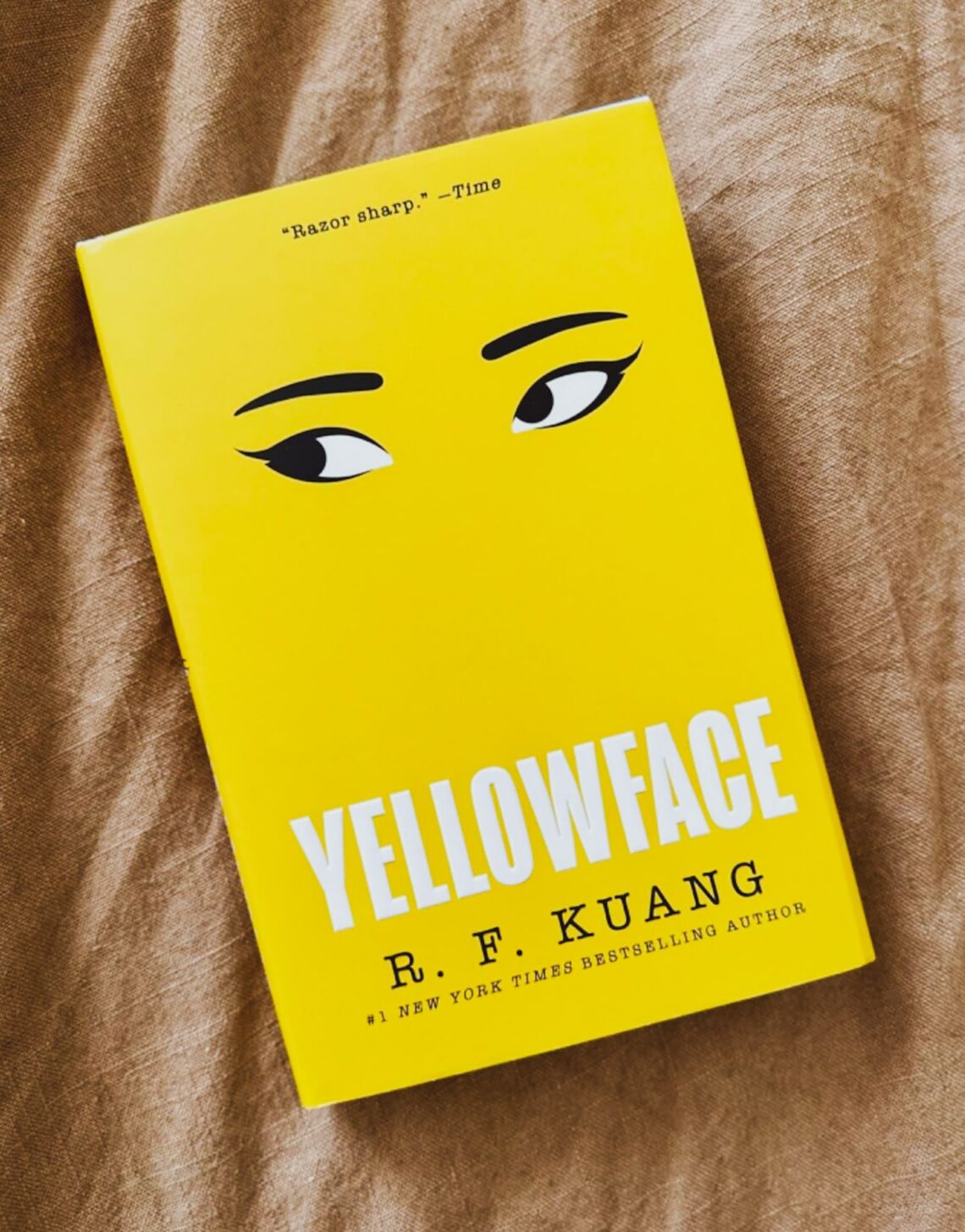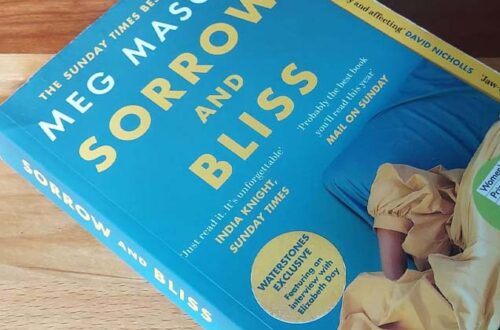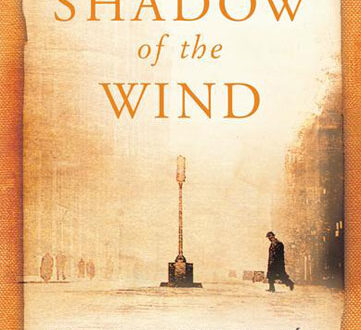
Yellowface by RF Kuang: Book Review
Yellowface has been one of those books that is all over the place lately. It was featured on Waterstones list of best books of 2023. Every time you walk into a bookshop it’s feels like it’s on display. But what’s going on in this book? Is it worth all the hype?
What is it about?
Yellowface is about a young white author who steals the manuscript of her dead Asian friend, Athena Liu, finishes it, and publishes it as her own. Throughout the novel, Juniper “June” Hayward, publishing as Juniper Song, works to maintain the lie that her first big hit novel The Last Front, a story about Chinese workers in the British Army during WWI, is her work and her work only.
It’s hard to pin down the genre of this book because it’s a mish-mash of different styles such as thriller and satire.
Characters
June is not a likeable character, however I found myself rooting for her and even ended up hoping she’d get away with some of the things she did. The novel is written entirely in first person from June’s point of view, which is a bold choice. We cannot see how the other characters in Yellowface may perceive June’s behaviour apart from through her eyes. June constantly tries to justify her behaviour. She hypothesizes that Athena would have wanted her manuscript to be published. Her argument is that by editing Athena’s work, she is improving it. Juniper Hayward has nothing but audacity.
It scared me how much I was pulled into June’s world- I mean, of course I ended up wishing she would kill someone to shut them up. What does that say about me?
Themes
The book provides a comprehensive examination of the publishing industry, presenting one of the harshest criticisms I have encountered in literature. Kuang skillfully portrays how publishing houses are constantly in pursuit of the next big success, pressuring authors to continuously produce bestsellers. Additionally, she sheds light on the lack of support that many young debut authors face, often leading them to failure.
I am curious about the extent to which Kuang’s personal experiences shape the narrative of Yellowface. It is impossible not to draw comparisons between Athena, the author who dies at the beginning of the book, and Kuang herself. The two Chinese-American Ivy-League-educated writers share numerous similarities, making Athena feel like a representation of the author at times. Interestingly, the author insert in the story is also an unlikable character. Athena is far from being a perfect victim. Despite this, she still manages to dominate the narrative as the main character, due to June’s intense obsession with her. By the end, neither character is particularly likable, and I am here for it.
Writing Style
Where Kuang’s writing sparkles is in in her depiction of the social media rabbit hole that June regularly falls down. She skillfully portrays the various personalities one encounters online. However, this is likely to become dated in time. Indeed her references to Twitter are already out of date (hey there X). She also mentions GoodReads. I find pop cultures references in novels a little jarring, so this didn’t work for me.
Addressing Cultural Appropriation and Stereotypes
One of the most interesting angles of the book is the exploration of cultural appropriation. However, I found that Yellowface didn’t attempt to provide any answers but only pose a lot more questions. Kuang herself has said that she is curious about the way we tell writers what they can and can’t write based on their racial identity. In this book, she illustrates the way writers are expected to stay in their own categories, based on what they are pigeonholed as. For example, Athena is only allowed to write about trauma. She is tokenised and fulfils a certain diversity quota in line with “trends”.
Overall Thoughts on Yellowface
At times, Yellowface was so meta, it hurt. For example, at one point, June says ‘I’ve written myself into a corner. The first two thirds of the book were a breeze to compose, but what do I do with the ending? Where do I leave my protagonist, now that there’s no clear resolution?’ I wonder if that was Kuang’s predicament at this point. The ending is ridiculous, but I feel as if there may be no other way to resolve it.
I raced through this book in just a few days as it was extremely readable. Even though there were things that didn’t quite work for me, the book was thought-provoking and the writing was sharp and astute.
Discover more from Sweet Harmless Temptations
Subscribe to get the latest posts sent to your email.





8 Comments
Lauren Maker
Looks like a great book to read!
Jaishree
Looks like an interesting read. I ll surely pick it up next.
clairechambers85
I hope you like it 🙂
frugalnook
Sounds like an interesting book! Thanks for sharing!
pedja
Yellowface offers a gripping exploration of the dark underbelly of the publishing industry and the complexities of cultural appropriation, leaving readers questioning their own moral compass.
Elisa
Sounds like a good read!
Amy Mayfield-Beyer
I may have to read this! Great post
IT
This book sounds like a wild ride blending thrill and satire in a way that feels uncomfortably real. Kuang’s critique of the publishing industry is brutally honest, especially in exposing how debut authors struggle for support. The portrayal of social media dynamics is sharp, though the references might age quickly. Do you think the moral dilemmas June faces make the story more compelling or just unsettling?